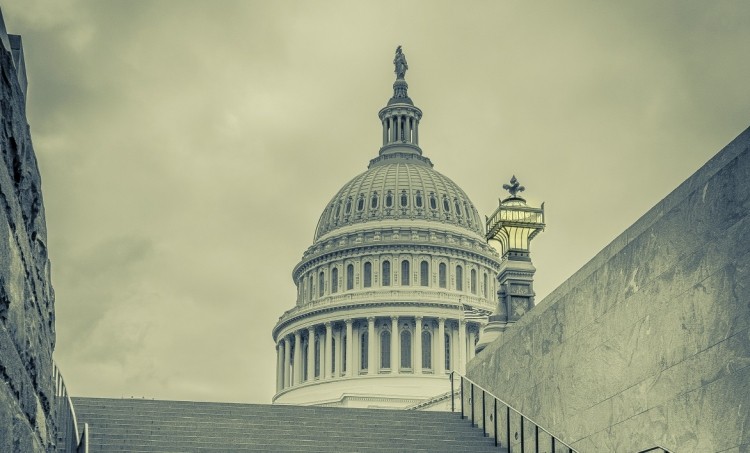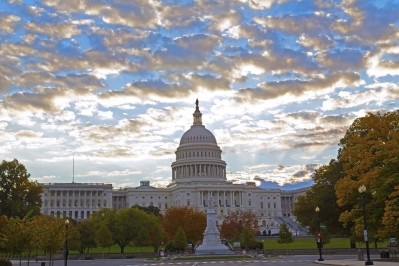US feed and crop sector slams US spending package over failure to preempt GMO labeling laws but hails COOL move

The American Feed Industry Association (AFIA), the National Grain and Feed Association (NGFA), the American Soybean Association (ASA) and the National Corn Growers Association (NCGA) had called for the FY2016 Omnibus Appropriations bill to address, at the federal level, the issue of labeling products that included genetically modified organism (GMO) ingredients and forestall a series of state-level bills that could create a ‘patchwork’ of regulations on the matter.
“Harmonizing state feed laws and regulations was one of AFIA’s founding purposes,” Leah Wilkinson, AFIA’s director, ingredients, pet food and state affairs, told FeedNavigator. “Consistent state labeling laws are critical for industries engaged in interstate commerce. The animal food industry is no exception.”
Previously, the trade group had supported a bill making labeling voluntary which was brought to the House of Representatives. That bill did not move in the Senate.
“AFIA will maintain active participation in the Coalition for Safe Affordable Food [CFSAF] to get this important bill passed early in 2016,” said Wilkinson of the organization’s next step.
The coalition published a letter addressing the concerns of having multiple, different state-level regulations on the labeling of products that include crops grown with GMO traits.
Three states – Connecticut, Maine and Vermont – have passed state-level legislation mandating the labeling of such products, reported CFSAF. Vermont’s bill is the first to go into effect, and starts in July.
“This was certainly a missed opportunity to act on a very important issue, both for growers and consumers alike,” said Richard Wilkins, ASA president. “If allowed to move forward, the state-by-state approach to labeling will lead to significantly increased grocery costs for consumers, and production costs for farmers. We certainly hoped to address this in the omnibus, but will redouble our efforts to do so when Congress returns in January.”
Bill positives
However, some organizations did find several positive takeaways from the omnibus bill.
Among these was the end of mandatory country of origin labeling (COOL), said Wilkins. “This was an issue that impacted both feed grain and oilseed farmers, as well as livestock producers, and we’re happy to see it come to a satisfactory conclusion that avoids retaliation from our valuable trading partners in Canada and Mexico,” he added.
The World Trade Organization had agreed to let Canada and Mexico impose about $1bn in tariffs on US agricultural products had the labeling continued, said officials with the NGFA.
That organization supported several of the tax amendments made in the bill, including an increase in small business property deductions, said NGFA officials. The bill bumped the deduction level to $500,000 from $25,000.
Other highlights included that the omnibus increased funding for the Agriculture and Food Research Initiative and maintained funding for the McGovern/Dole and Food for Peace programs, reported the ASA. It also specified funds for US Department of Agriculture (USDA) disaster assistance programs and supported waterways infrastructure.
“Our transportation infrastructure is a significant advantage for American growers over our competitors in South America, and we are very pleased to see funding specifically designated to address the maintenance and improvement of that infrastructure,” said Wilkins.












